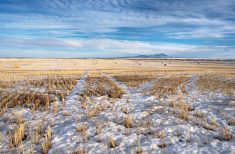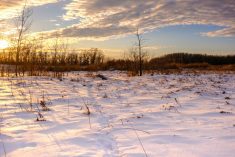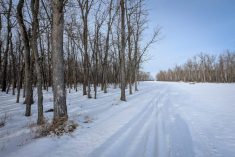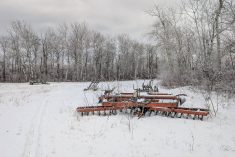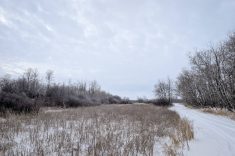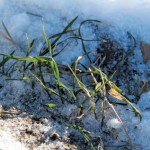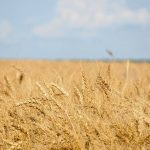London | Reuters — The fires that tore through the province of Quebec between May and July were made at least twice as likely by climate change, scientists said on Tuesday.
Climate change, driven by the burning of fossil fuels, also made the fires as much as 50 per cent more intense, according to the analysis by World Weather Attribution group, a global team of scientists that examines the role played by climate change in extreme weather.
“Climate change is greatly increasing the flammability of the fuel available for wildfires — this means that a single spark, regardless of its source, can rapidly turn into a blazing inferno,” said Yan Boulanger, a research scientist at Natural Resources Canada.
Read Also
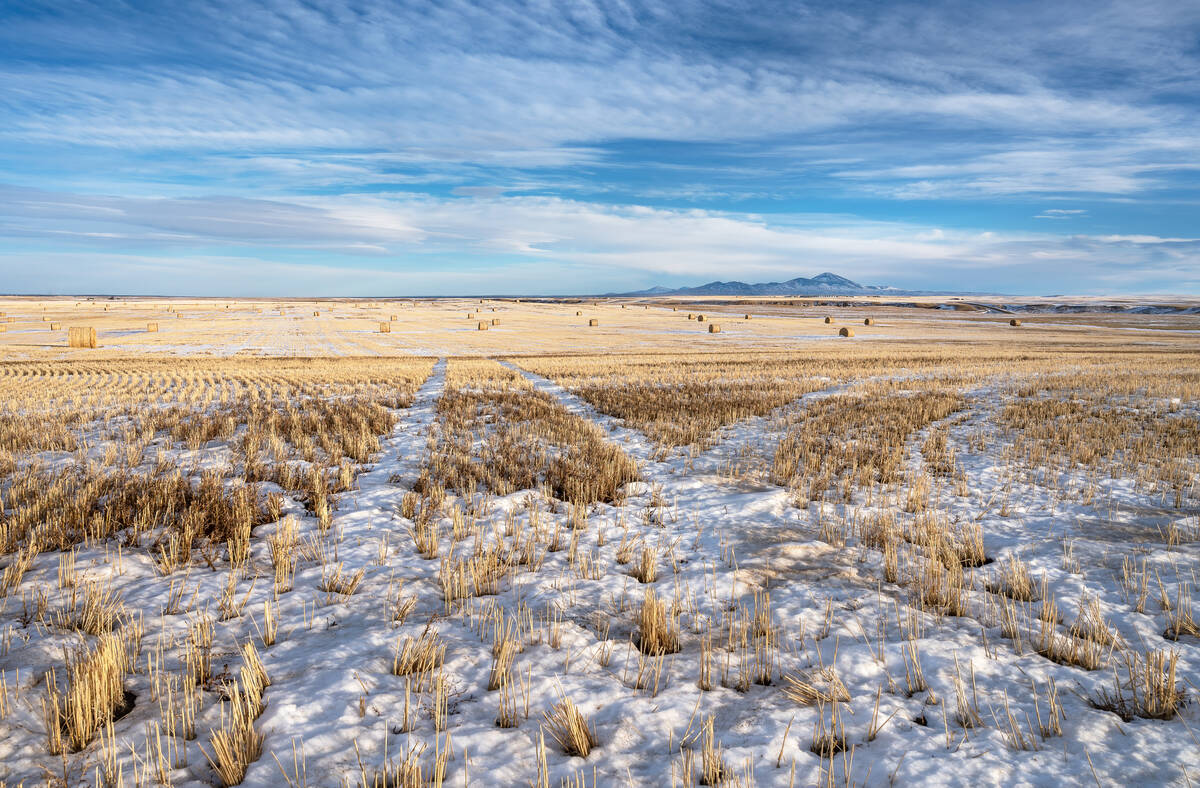
Prairie forecast: Above-average temperatures across Prairies
The Feb. 4 to 11 forecast looks mostly warm across Saskatchewan, Alberta and Manitoba with chances of light precipitation in Manitoba.
Rising global temperatures can yield more heatwaves, exacerbate drought and alter snow and rainfall patterns. This can dry out fuels, from grasses to trees, making them more likely to ignite and burn faster.
In many parts of Canada, snowfall acts as a limiting force for the start and spread of fires.
“This year, high temperatures led to the rapid thawing and disappearance of snow during May, particularly in eastern Quebec, resulting in unusually early wildfires,” said environmental scientist Philippe Gachon of the University of Quebec in Montreal.
Scientists reviewed weather data, including temperature, windspeed, humidity and precipitation, and used computer models to assess how climate change had altered fire weather this year, comparing it to preindustrial climate.
The Quebec fires are just one sliver of what has been the country’s worst wildfire season on record.
More than 14 million hectares so far have burned this year, amounting to roughly four per cent of Canada’s entire forest area, and more than six times the four-decade average of 2.3 million hectares, according to the Canadian Interagency Forest Fire Centre.
Wildfires continue to threaten the province of British Columbia, which on Friday declared a state of emergency as the federal government said it would send in the military to help tackle out-of-control fires.
Last week, most residents evacuated the city of Yellowknife, N.W.T. as fires crept closer to the territory’s capital.
— Gloria Dickie is a Reuters climate and environment correspondent in London, England.




